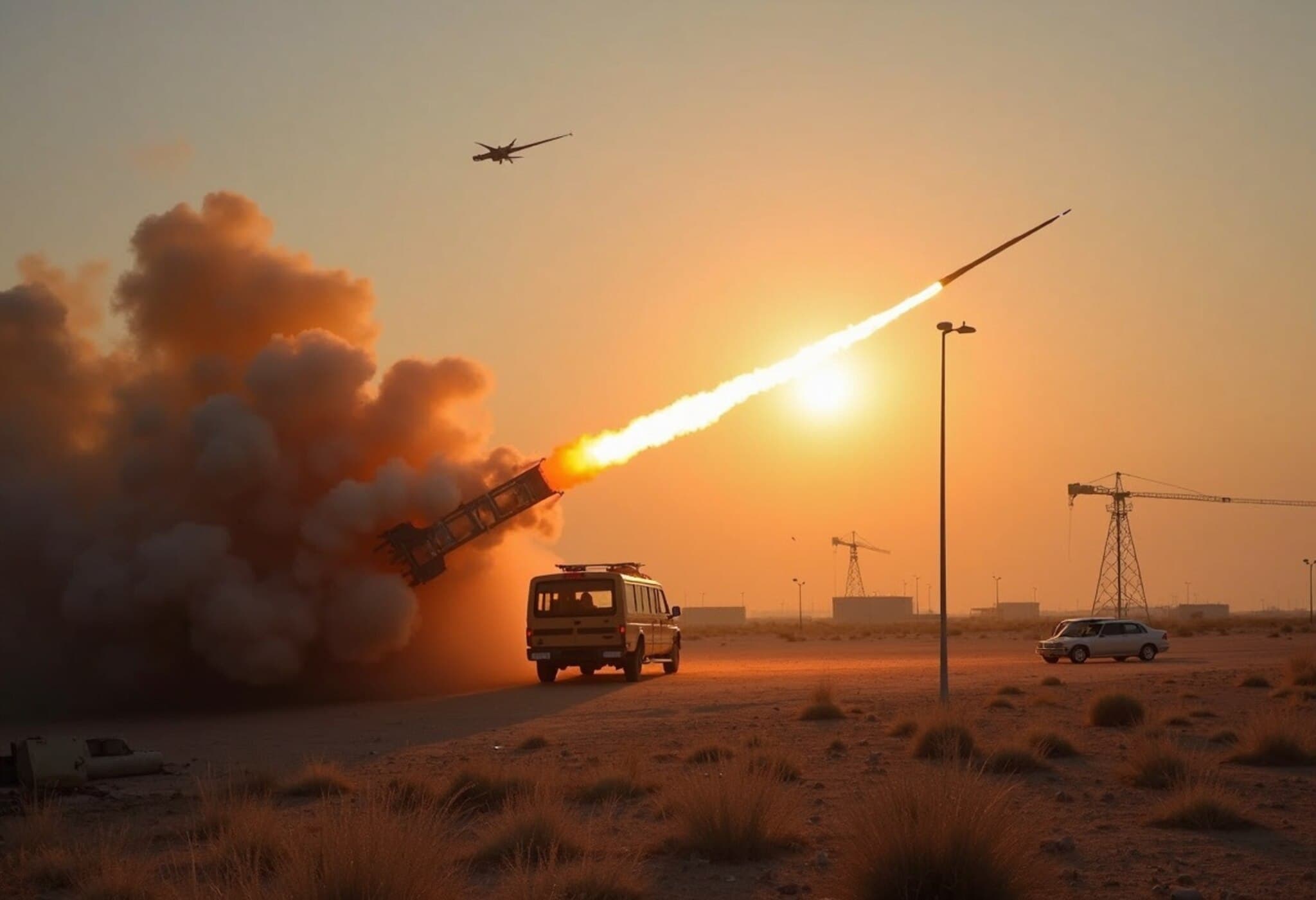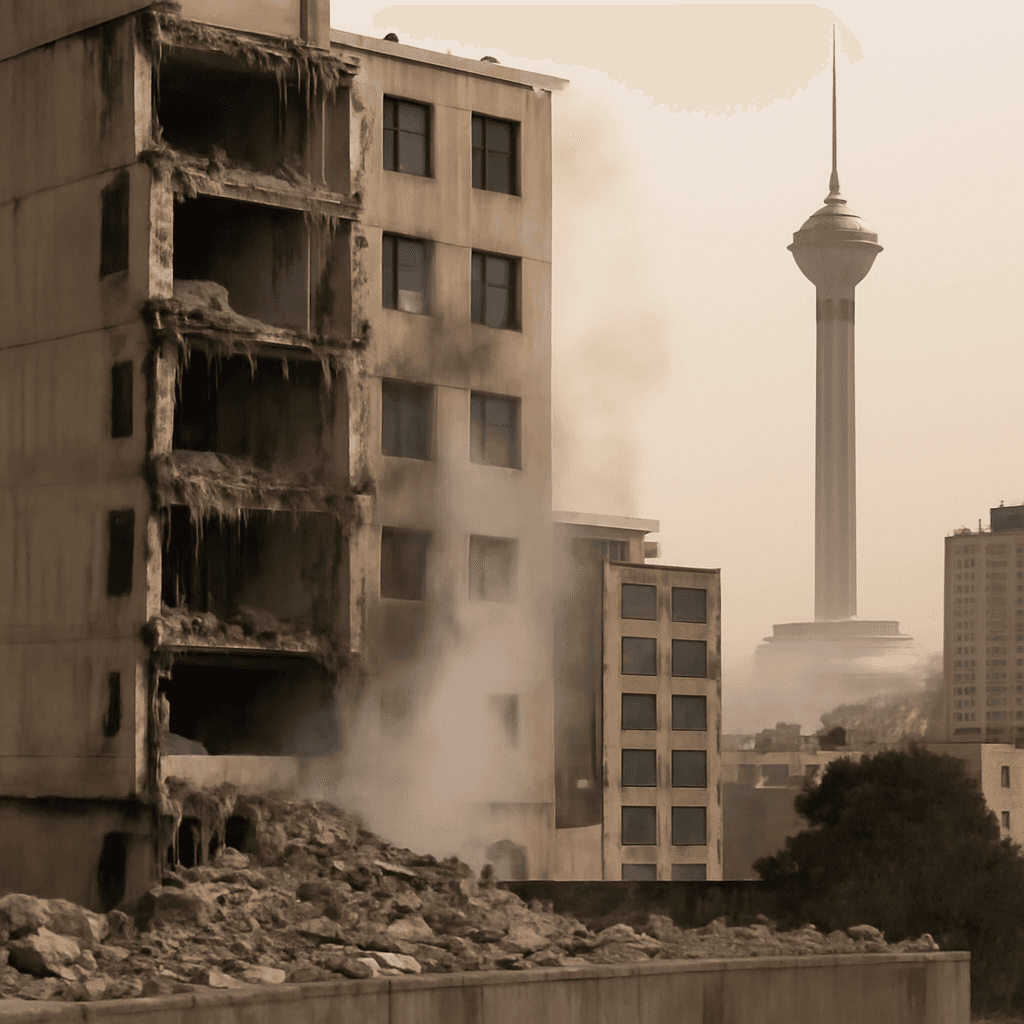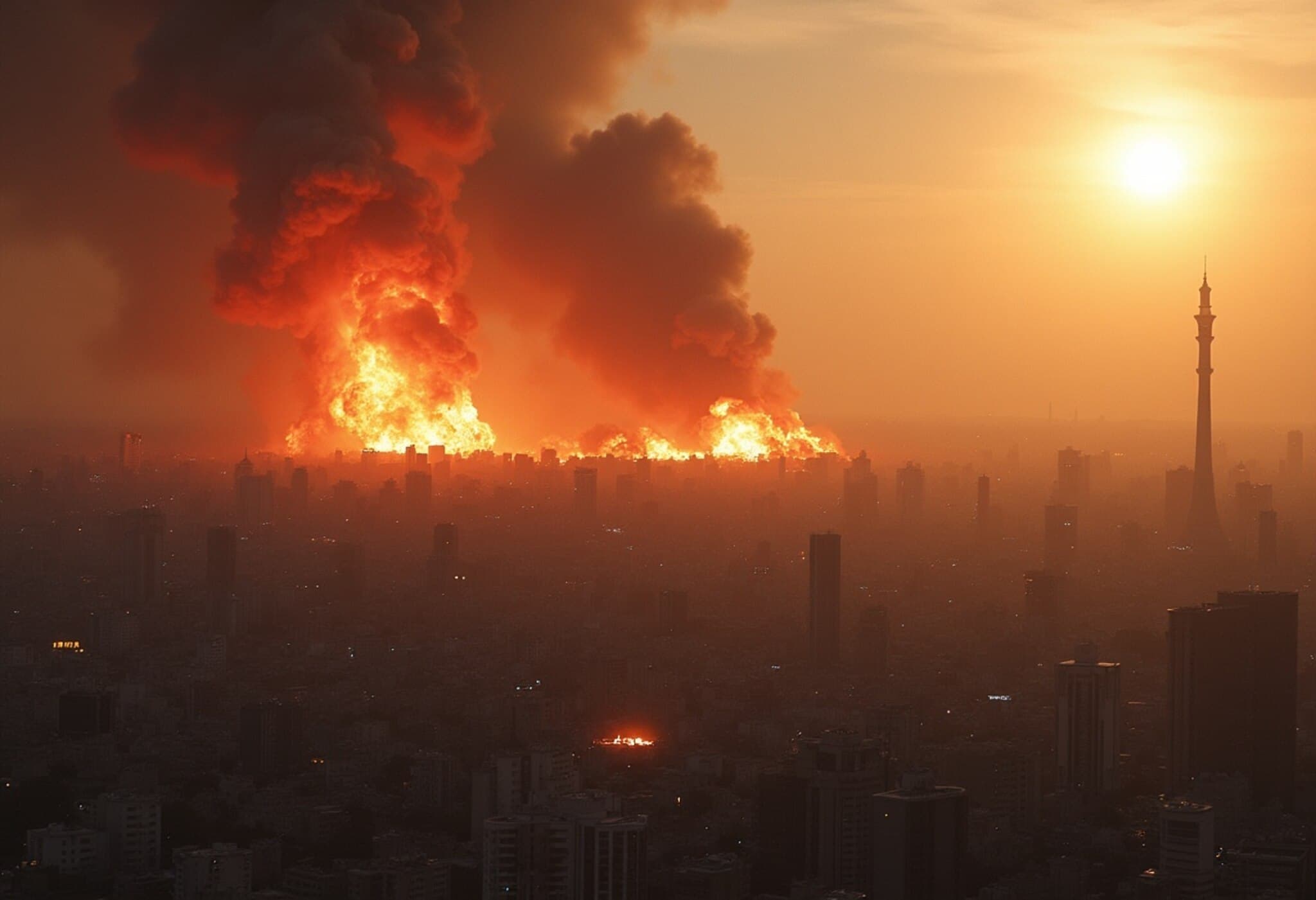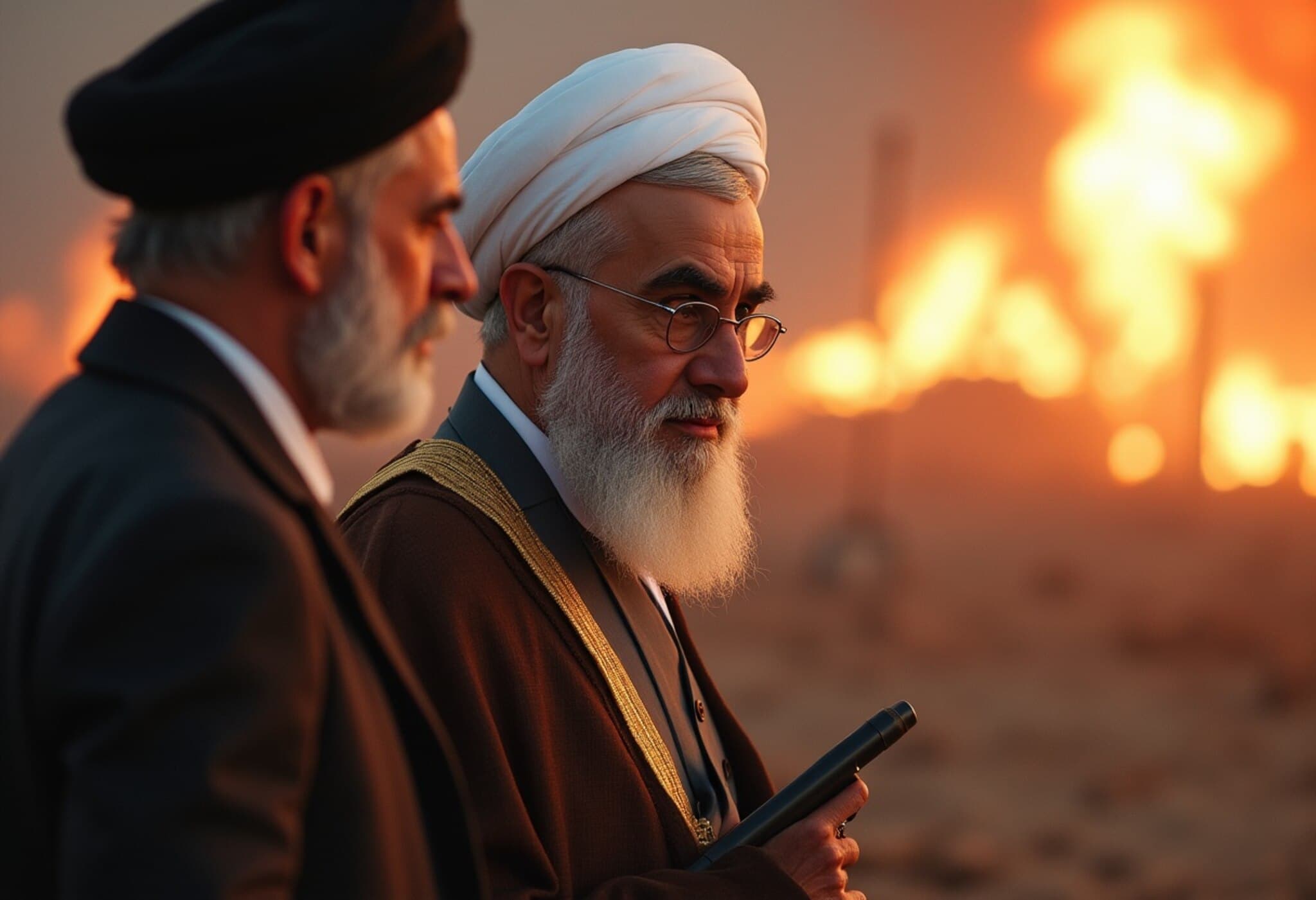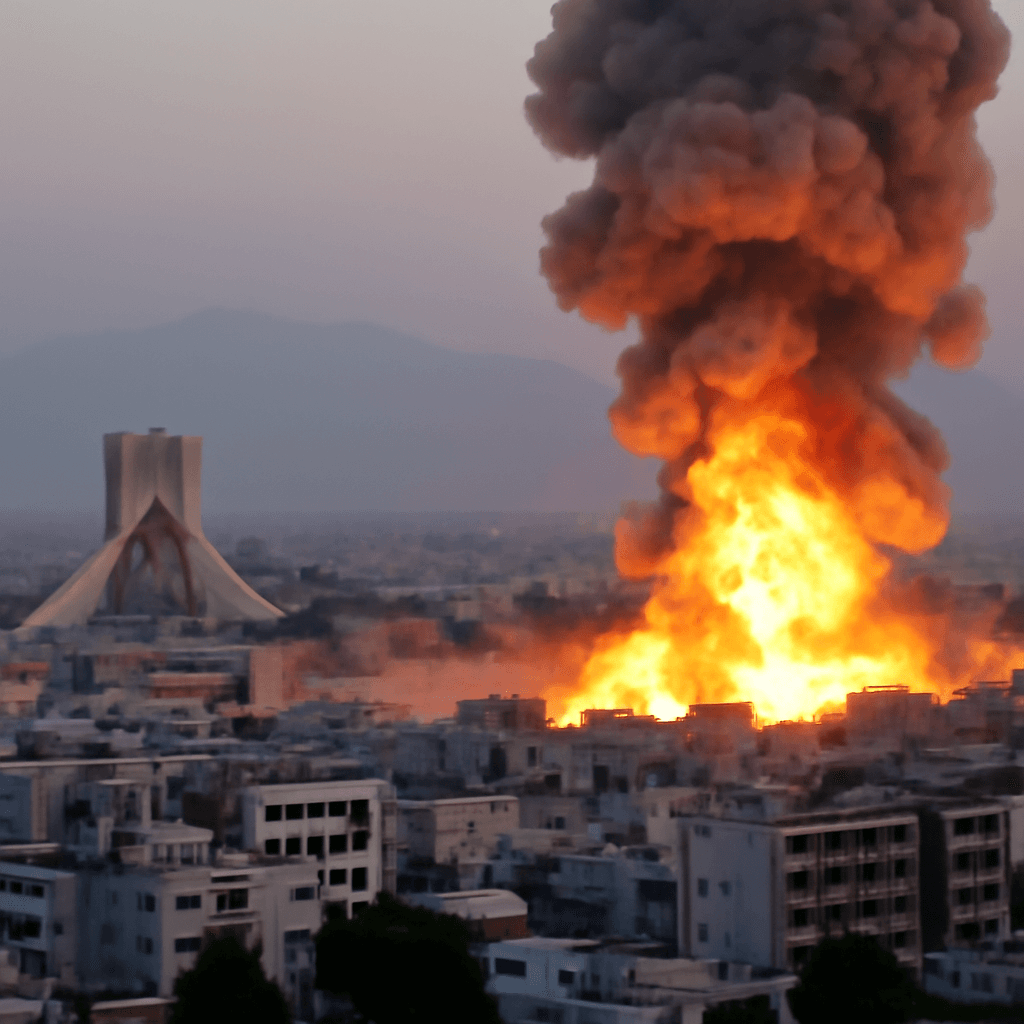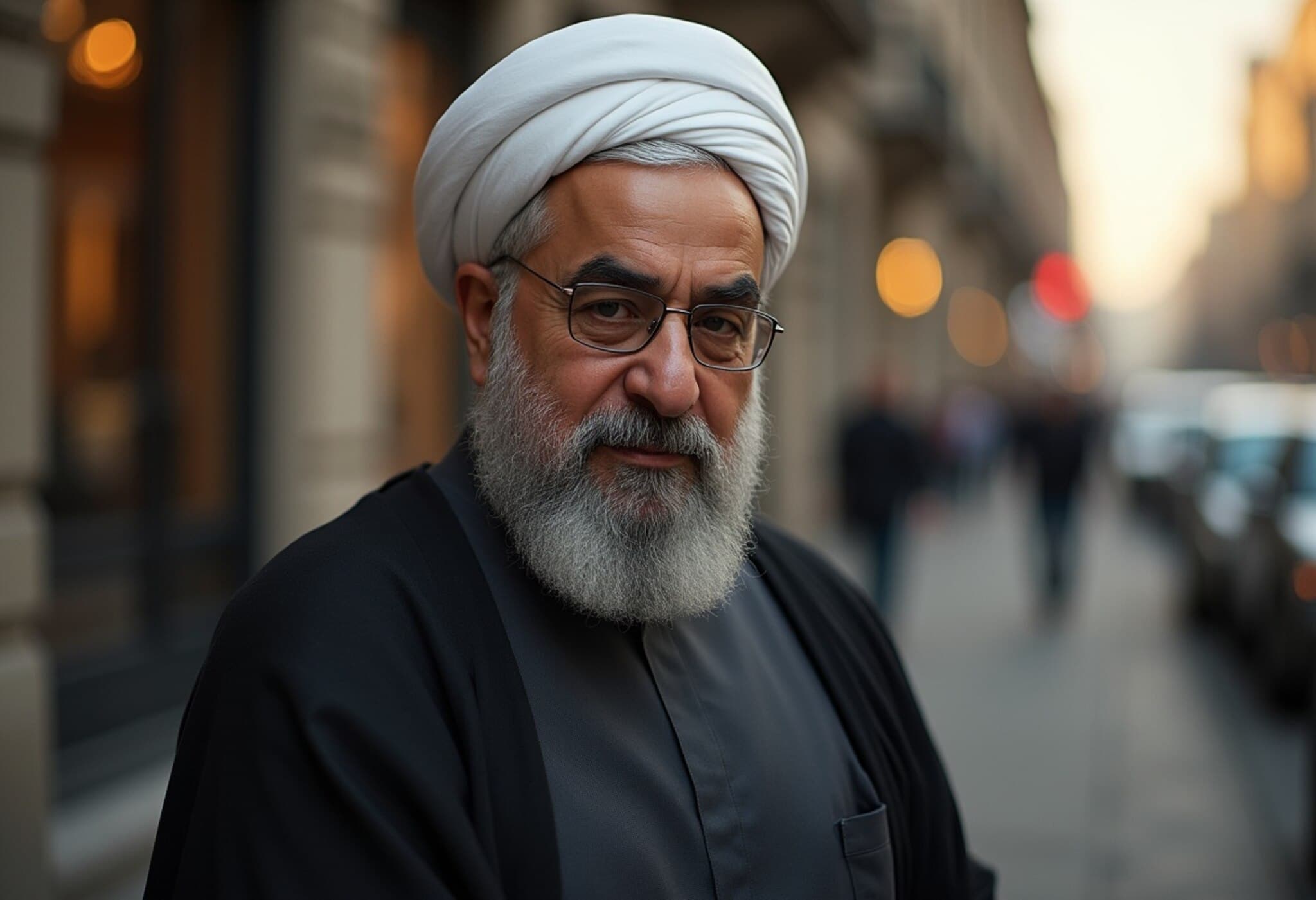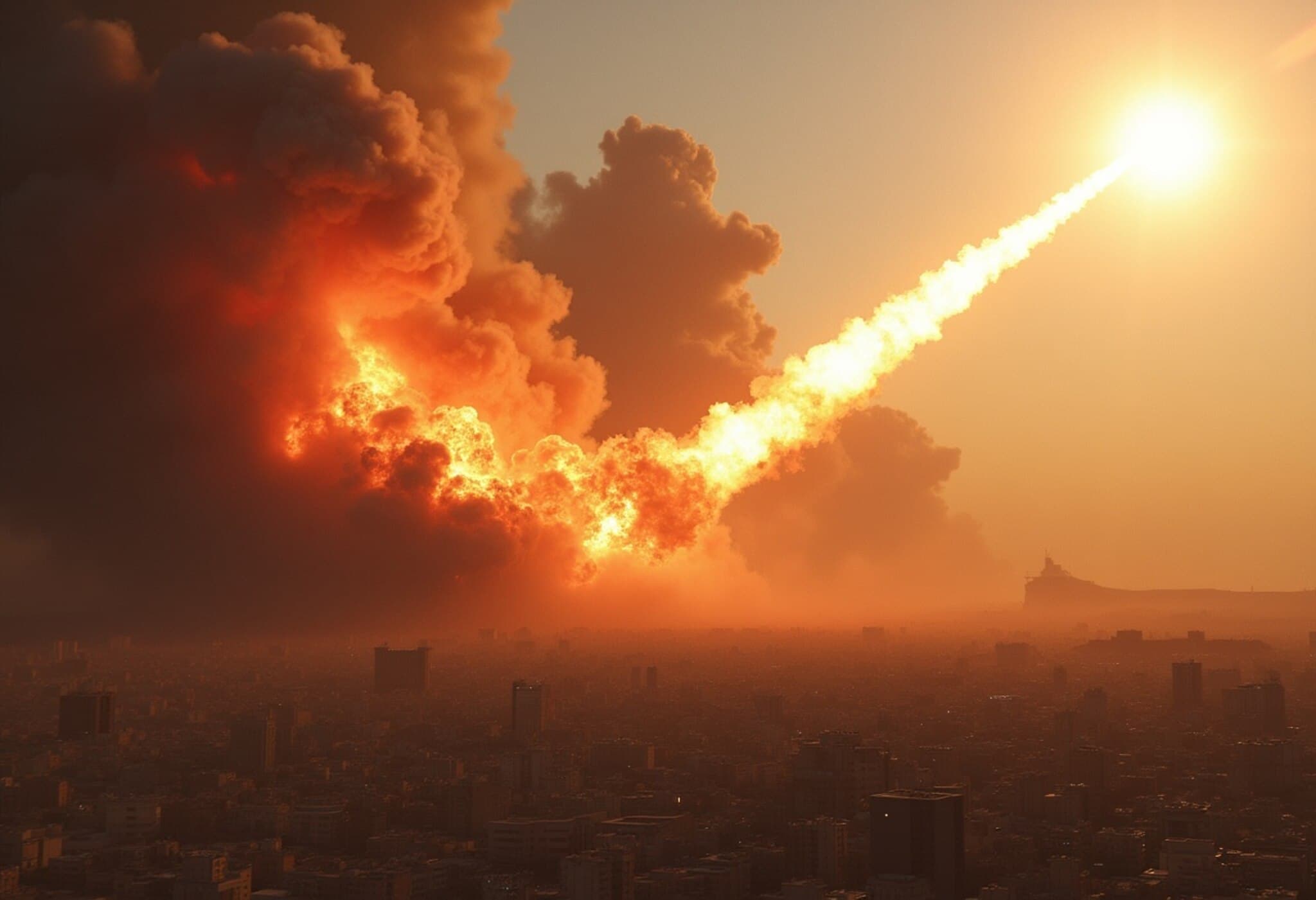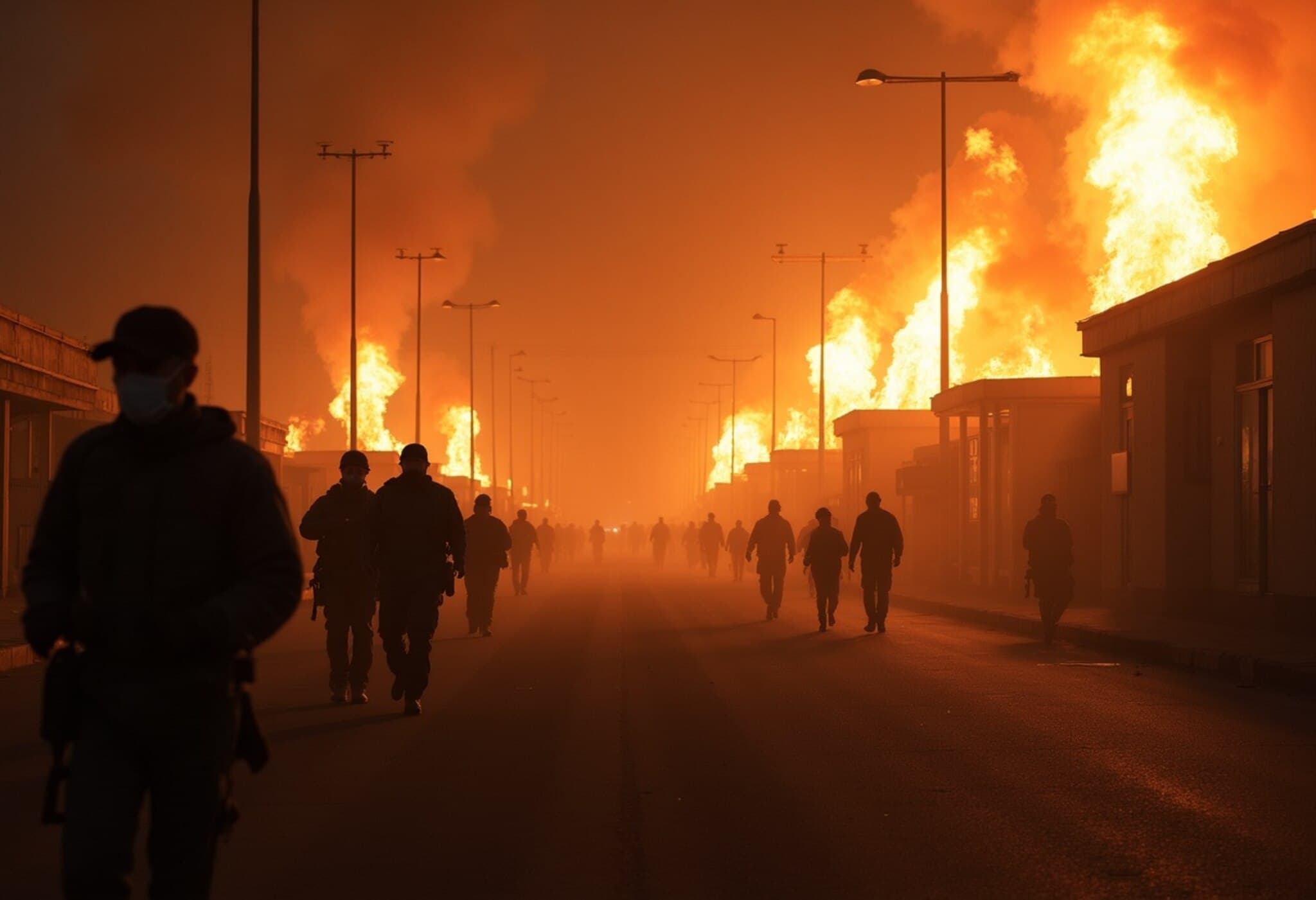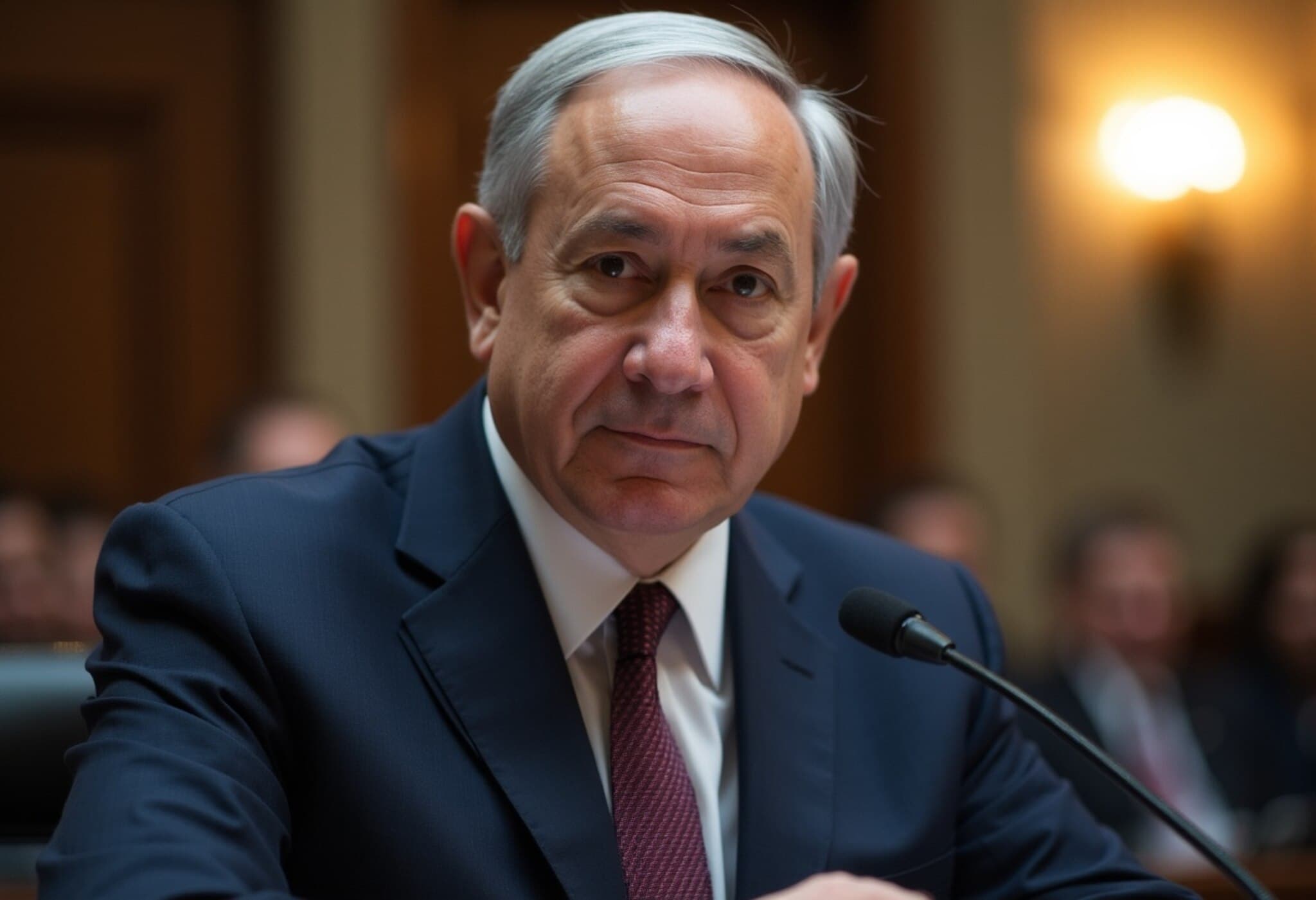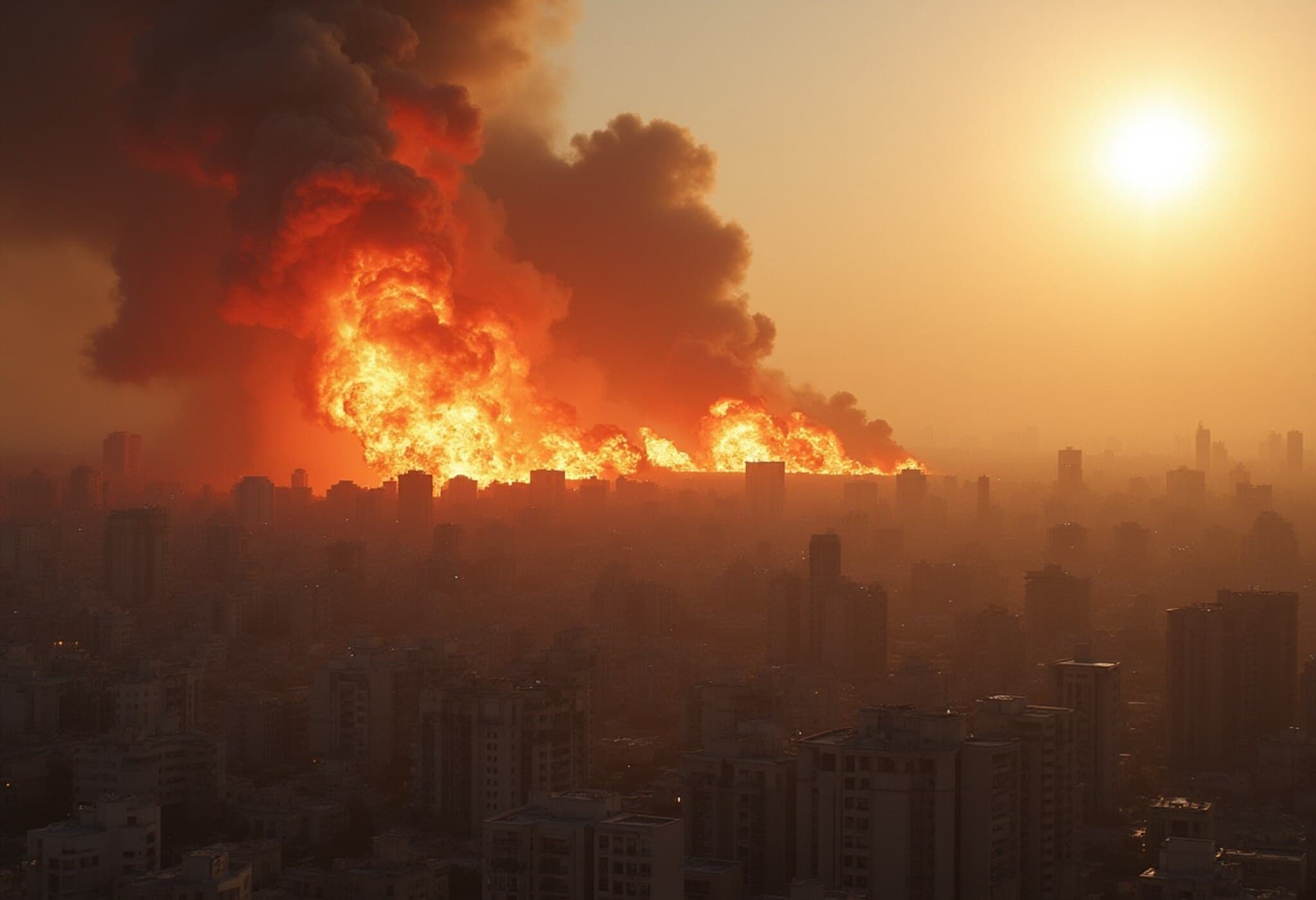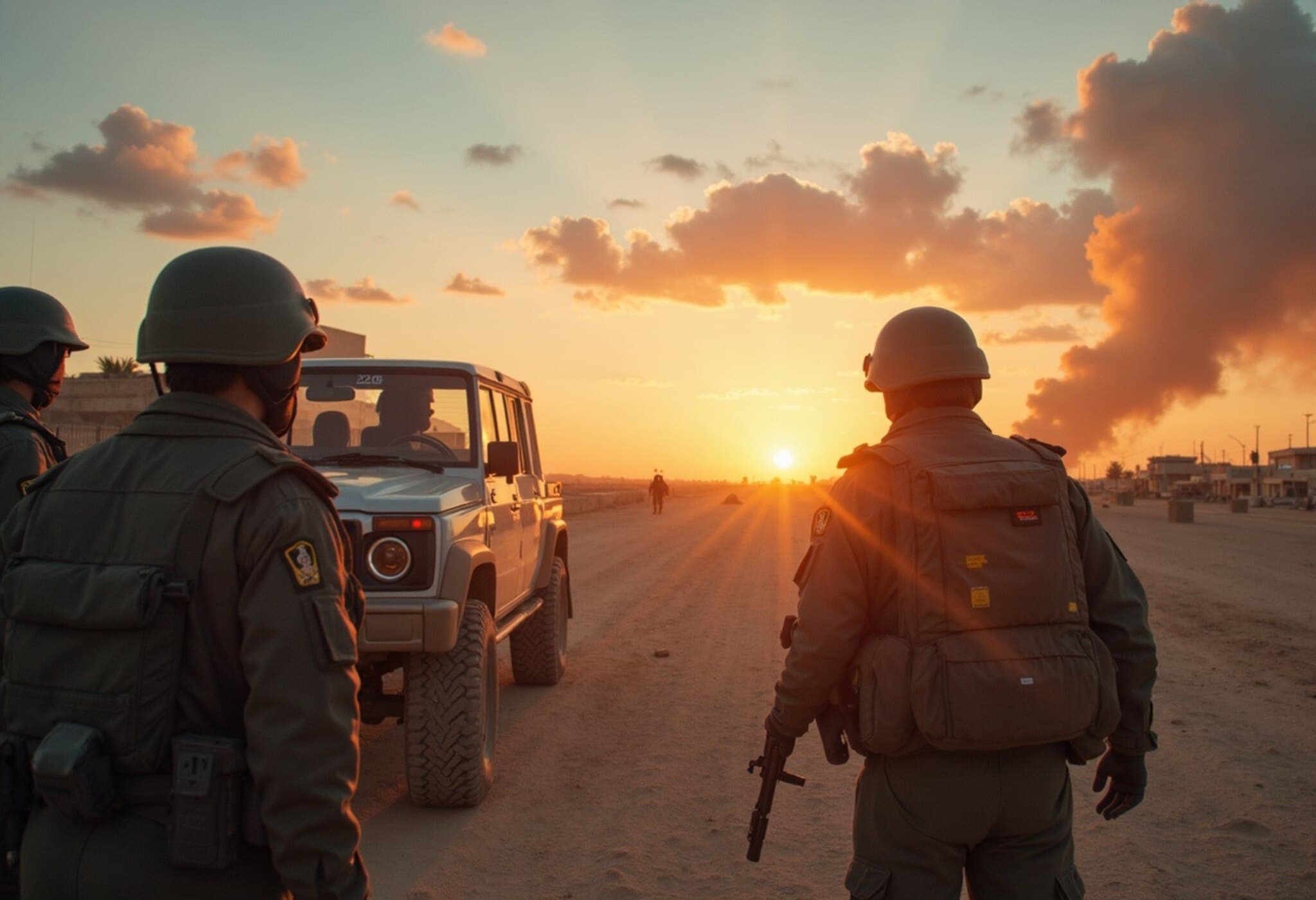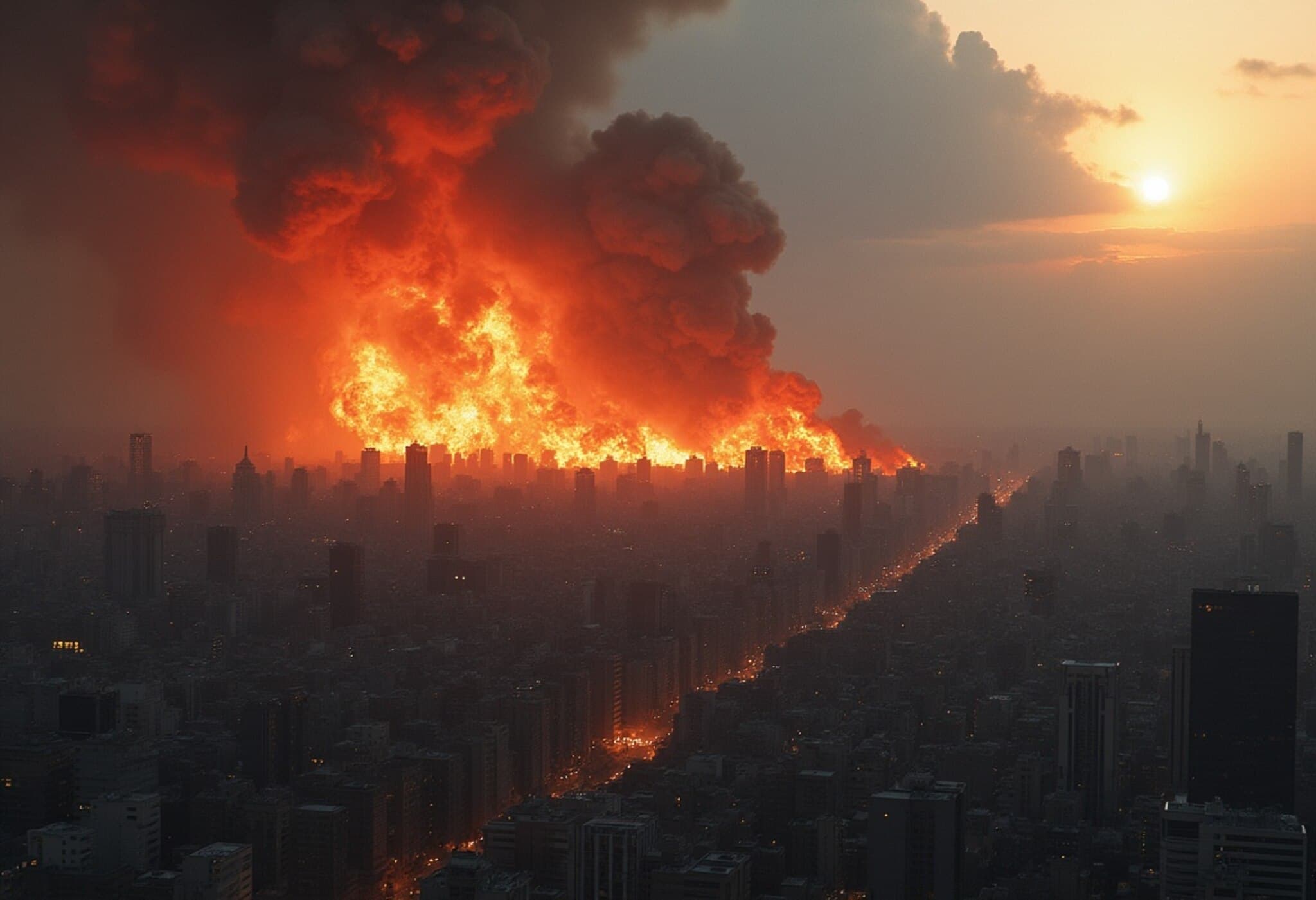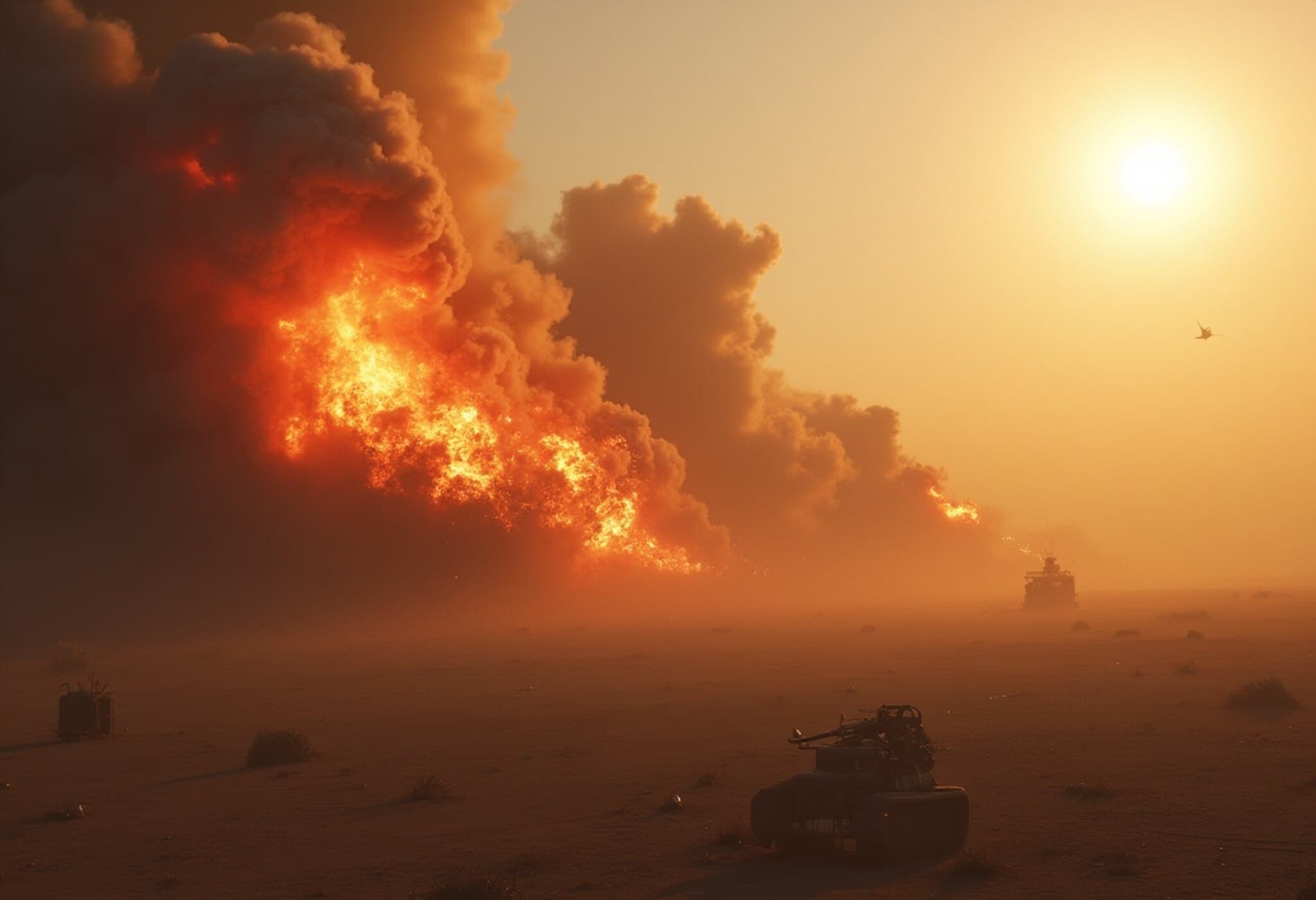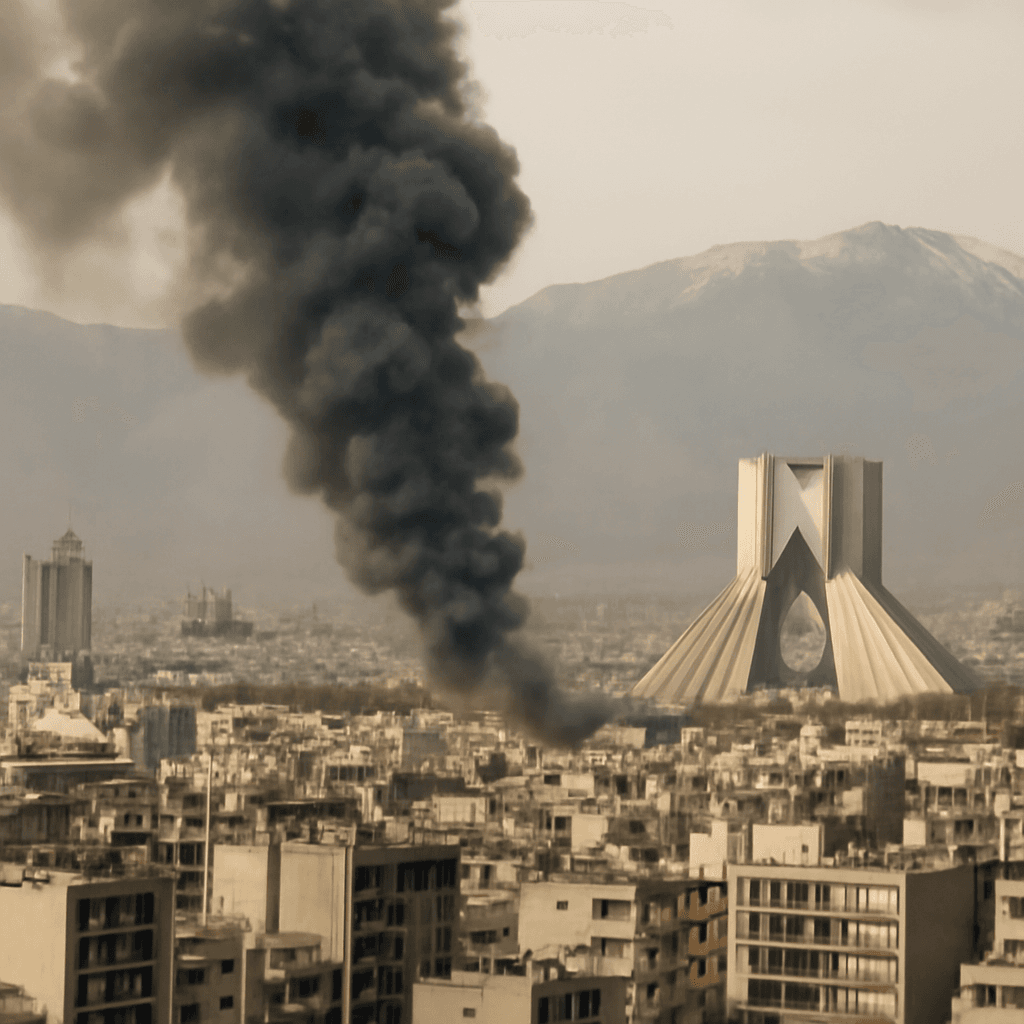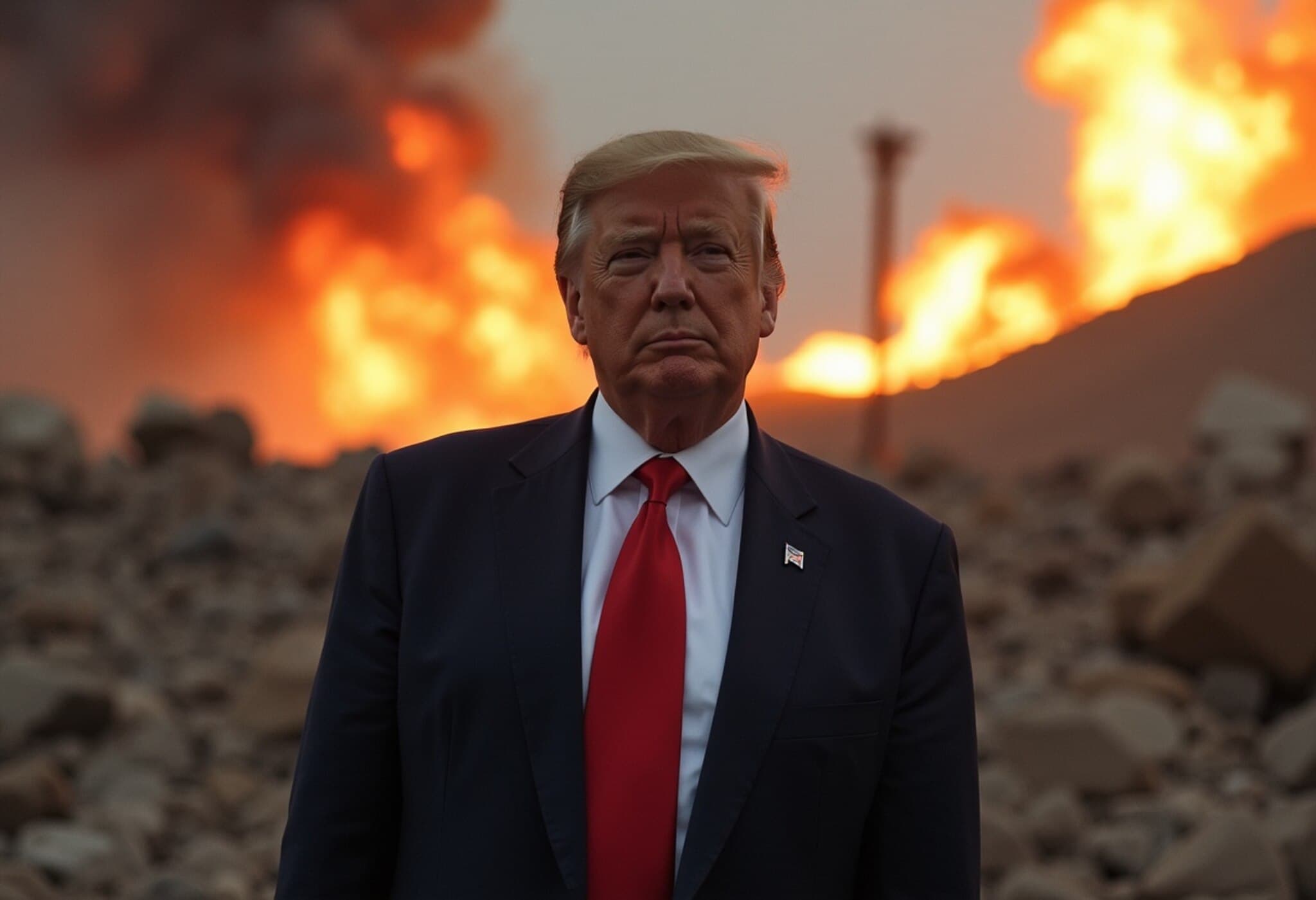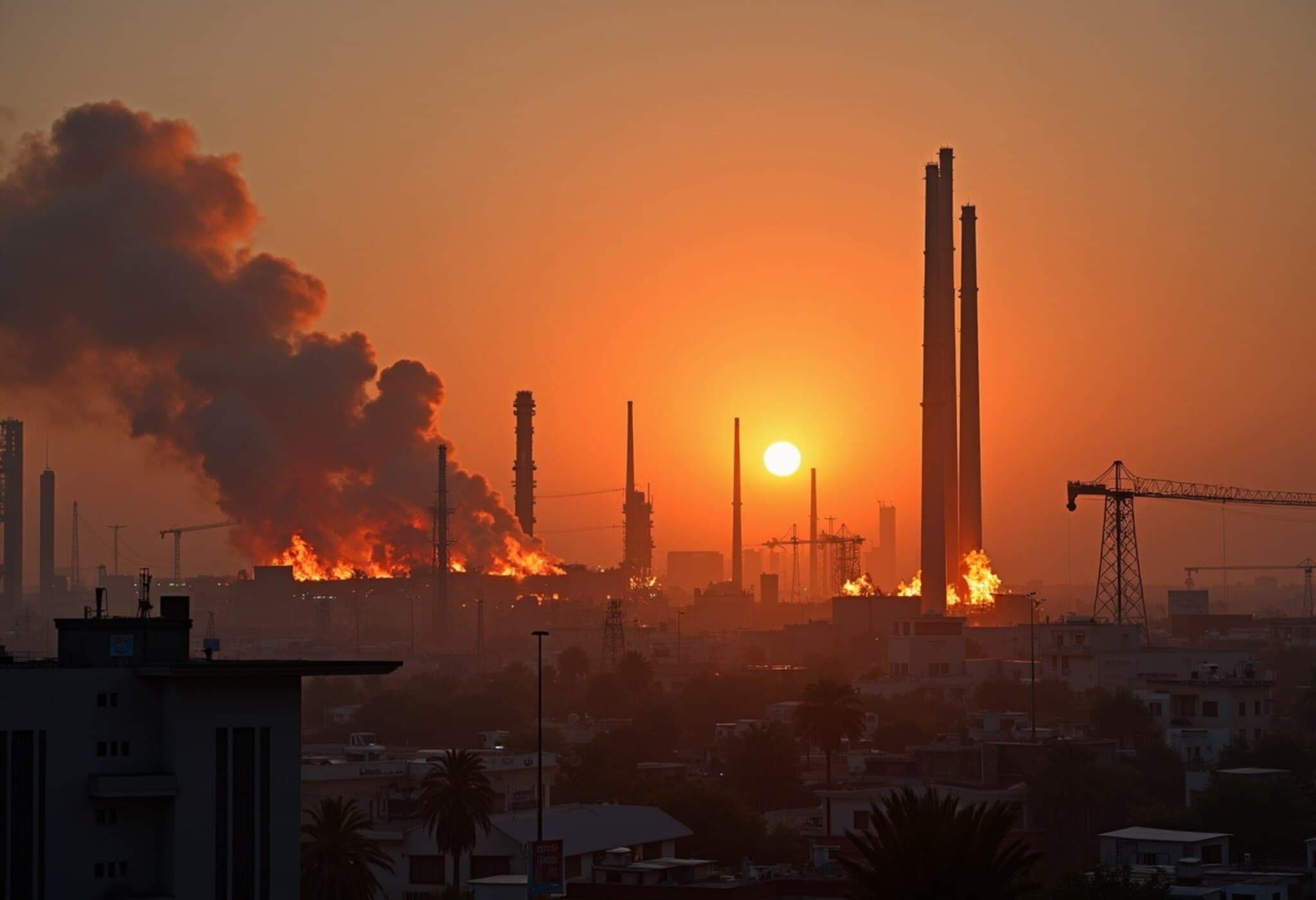Escalating Tensions: Israel and Iran Engage in Intense Retaliatory Strikes
In a dramatic escalation of regional hostilities, Israel launched a significant offensive against Iran, focusing on the energy sector and Defense Ministry headquarters. In response, Iran unleashed a series of lethal missile attacks against multiple locations in Israel. These simultaneous strikes mark the fiercest wave of violence since Israel's surprise air offensive two days prior, aimed at curbing Tehran's swiftly advancing nuclear ambitions.
Heavy Casualties and Widespread Destruction
Explosions thundered across Tehran as Iranian missiles pierced Israeli airspace. Israeli emergency officials reported fatalities across the country, including four deaths in an apartment complex in the Galilee area. Central Israel also witnessed tragic losses: an 80-year-old woman, a 69-year-old woman, and a 10-year-old boy died in one strike.
The exact casualty numbers in Iran remain unclear, but Israel confirmed targeting the Defense Ministry’s main offices in Tehran and facilities linked to the nuclear program. Meanwhile, Iran’s Revolutionary Guard stated Iranian missiles hit Israeli fuel production sites critical to fighter jet operations, a claim Israel has not publicly acknowledged.
Diplomatic Talks Collapse Amid Rising Violence
Amid ongoing hostilities, indirect negotiations between the U.S. and Iran over Tehran’s nuclear dossier were abruptly canceled. The disruption casts a shadow over any near-term resolution to the conflict.
Israel’s Defense Minister declared on social media, "Tehran is burning," underscoring the intensity of the Israeli campaign. Video footage showed towering plumes of smoke from attacks on key Iranian sites, while Iran vowed a "decisive and proportional" response to what it described as a series of aggressive Israeli strikes against military, scientific, and residential targets.
International Concerns and Calls for Restraint
Global leaders urgently appealed for de-escalation, warning that strikes on nuclear facilities set a precarious precedent. The region's volatility increases as Israel simultaneously pressures Hamas after nearly two years of ongoing conflict.
Israel, regarded as the region’s sole nuclear-armed power, has carried out hundreds of strikes on Iran in recent days, reportedly killing several senior generals and nine key nuclear scientists. Iran's U.N. envoy reports 78 deaths and over 320 wounded on their side.
Military Developments and Strategic Implications
Despite prior assessments by U.S. intelligence and the International Atomic Energy Agency (IAEA) suggesting Iran was not actively pursuing nuclear weapons, recent events have altered the narrative. Iran’s uranium enrichment is approaching weapons-grade levels, and the IAEA recently criticized Tehran for failing to comply with nuclear safeguards.
Prime Minister Benjamin Netanyahu reaffirmed Israel’s resolve, warning that recent strikes are "nothing compared to what they will feel" in the coming days. Furthermore, reports emerged of an Israeli drone bombing a natural gas facility in Iran’s South Pars field—representing a possible first strike on Iran’s vital oil and gas infrastructure, although Israeli officials have yet to comment.
Damaged Nuclear Facilities and Leadership Losses
Satellite imagery reveals extensive damage to Iran’s Natanz nuclear site, including critical power supply buildings. The IAEA confirmed major destruction above ground but noted the main underground centrifuge halls appeared intact, although infrastructure damage could impact operations.
Israel also targeted a nuclear research site in Isfahan, damaging uranium conversion infrastructure and several defense installations. Iranian authorities acknowledged the hits on Isfahan, corroborated by IAEA reports of damage to four core buildings without increased off-site radiation risks.
Sources within the Israeli military estimate repairs at Natanz and Isfahan could take "much more than a few weeks," emphasizing their strategic objective to cripple Iran’s nuclear capabilities.
Among the high-profile casualties are three senior Iranian military commanders: Gen. Mohammad Bagheri (armed forces chief), Gen. Hossein Salami (Revolutionary Guard commander), and Gen. Amir Ali Hajizadeh (head of Iranian ballistic missile division). Following these losses, Supreme Leader Khamenei appointed Gen. Majid Mousavi as the new aerospace division chief.
Rapid Iranian Missile Barrages Against Israel
Iran launched its initial missile waves late Friday and early Saturday, resulting in at least three Israeli civilian deaths and over 170 injuries. Israeli military personnel sustained minor wounds during the attacks. Supporting Israel’s defense efforts, U.S.-deployed ground-based missile defense systems intercepted incoming Iranian projectiles in the region.
Israel’s primary international airport remains closed indefinitely, and emergency responders continue to operate across affected neighborhoods, employing drones to locate survivors amid extensive urban destruction.
Outlook Amid a volatile landscape
The recent exchanges cast a profound uncertainty over the already fragile Middle East stability. With nuclear diplomacy stalled and military actions intensifying on both sides, the risk of a broader and more devastating conflict looms large. As Israel intensifies pressure on Tehran’s nuclear infrastructure and Iran retaliates forcefully, the international community watches with heightened concern.

